 Clinicians on the Couch
Clinicians on the Couch
You can find an edited published version of this post at PsychCentral.
By Margarita Tartakovsky, M.S.
“Every month we put practitioners on the spot — figuratively known as the clinician’s couch — and pick their brains about everything from the trials and triumphs of working with clients to how they healthfully cope with stress.”
Jodie Gale is a Northern Beaches qualified therapeutic counsellor, soul-centred life-coach and Master’s trained psychosynthesis psychotherapist who specializes in women’s emotional, psychological and spiritual health and well-being. Along with her husband, their two children and two British Short Hair cats, Jodie lives on the Northern Beaches of Sydney in Australia. She currently balances being a full-time stay at home mother with a part-time, evening and weekend, home office, private practice.
1. What’s surprised you the most about being a therapist?
Just how much I have learnt from my clients!
I sit with the most resilient, courageous, interesting and creative people out there. Through their stories and by doing this work, I learn about the world, history, human nature, relationships and myself on a daily basis. I feel a deep sense of gratitude to be allowed into my clients lives and to engage with them in such an intimate, meaningful and soulful way.
2. What’s the latest and greatest book you’ve read related to mental health, psychology or psychotherapy?
I am presenting alongside Dr Anita Johnston at the Sydney EatFed Eating Disorder Conference in August so I am currently researching psychosynthesis texts.
I am loving, Depression as a Spiritual Journey by author, poet, spiritual counsellor and psychosynthesis psychologist Stephanie Sorrell. Stephanie has suffered with depression for most of her life so she brings both personal and professional experience to her writing. Her book challenges the prevailing mindset around depression as a mental illness and provides the reader with an alternative view – that we don’t need to just help, fix or cure depression, rather, we need to be with and find the value, meaning and purpose of it. This books holds a hopeful context for not only working with depression but with other concerns such as addiction, anxiety and eating disorders.
3. What’s the biggest myth about therapy?
That people who go to therapy must be mentally ill, diseased, disordered or just down right crazy!
Many people come to therapy to heal from longstanding, deep-rooted problems and trauma. Others come because they need to find help in dealing with day to day concerns that arise out of being human. For some, they come not because they have problems but because they want to get to know themselves better and live a richer, deeper, soulful, more meaningful life.
Ultimately, therapy is about building healthy relationships with self and others.
4. What seems to be the biggest obstacle for clients in therapy?
Many clients come looking for a quick fix to what are usually deep rooted and long-standing emotional, psychological and spiritual issues. Due to earlier wounding, many clients struggle with poor self-esteem/self-worth and at the beginning of their therapy, they usually don’t believe they are worth the time, effort and money that therapy requires. Letting go of whatever it is that they are using to numb their pain, rage and shame, and moving towards a place of trusting the therapist is often the biggest obstacle at the onset of therapy. As a therapist, I hold trust, faith and hope until they are able to own these qualities for themselves. Ultimately, clients need to allow themselves time to trust and heal.
5. What’s the most challenging part about being a therapist?
Whilst it has numerous advantages, for me the most challenging aspect is the isolation of working from home in private practice – I miss office lunches and parties!
It is also challenging being a sole trader and having to be an accountant, a website designer, a marketing manager and content creator – alongside being a therapist.
6. What do you love about being a therapist?
When clients first arrive at my door – their lives are often full of chaos and they are frequently drowning in a sea of despair, suffering and a sense of hopelessness. I love witnessing overtime how they grow, blossom and transform their lives.
7. What’s the best advice you can offer to readers on leading a meaningful life?
One of my favourite books of all time is Viktor Frankl’s Man’s Search for Meaning . Ultimately, Frankl suggests that we cannot avoid suffering in life but even under the most difficult circumstances, we can derive a deeper meaning from it.
Rather than trying to eradicate your suffering, welcome it with open arms like you would a guest who has come to stay for a while. Treat it with acceptance, compassion and empathic love. Engage and build deep relationship with it. Ask, ‘what is the value, meaning and purpose of this suffering?’ This will help you to find value, meaning and purpose in life.
8. If you had your schooling and career choice to do all over again, would you choose the same professional path? If not, what would you do differently and why?
One of the most life changing times in my life was when I lived and worked as a housekeeper at Ballingtaggart House in Dingle in Ireland. There has been a resident wild dolphin called Fungie living in Dingle Harbour since 1984 and I was fortunate enough to swim with him every morning before work. I started swimming with him in the early nineties and on my first ever swim, I encountered what Maslow termed a ‘peak experience’ – it catapulted me out of addiction and disordered eating into recovery and my own journey through therapy. It is a long-held dream of mine to incorporate therapy and swimming with wild dolphins in some way.
9. If there’s one thing you wished your clients or patients knew about treatment or mental illness, what would it be?
From a holistic and psycho-spiritual perspective, symptoms are not so much considered mental illness as they are soul sickness.
I love this quote by Geneen Roth in Women, Food & God,
‘…your eating disorder [or addiction, anxiety or depression for example], is an attempt to fix something that has never been broken.’
This is an alternative way of thinking that turns the dominant disease, illness and medical model on its head.
So…just because you feel broken, it doesn’t mean that you are. At the core, you are whole and unbroken but for whatever reason, your true self has had to go into hiding, usually as a way of protecting itself. Psychotherapy provides a space whereby you can discover and awaken to who you really are; a soulful being with the immense potential for inner peace, balance, love and so much more!
10. What personally do you do to cope with stress in your life?
I have been in and out of my own therapy since before I started my training to become a psychotherapist. Therapists are human, we all have issues and I see that it is crucial that I work through my own ‘stuff’ so that I don’t project this onto my clients. I also think it is important to have personal experience of the modalities and the techniques that I use. Over the years I have worked with psychosynthesis, gestalt, Jungian, art, couples and group therapists. I am currently working with a therapist who specializes in mindfulness.
For my day-to-day self-care, I love to:
– art journal and recently participated in the Brené Brown Art Journaling Course
– take long-hot-mindful baths. I love the essential oil recipes in The Enchanted Bath
– my husband and I often take the kids for a Sunday morning bush or coastal walk
– dance. I used to dance 5 rhythms in the UK and have recently found a facilitator in Sydney
– get away on women’s retreats for self and spiritual development
(Photo credit: PsychCentral)
This blog is part of my Therapy Rocks! series.




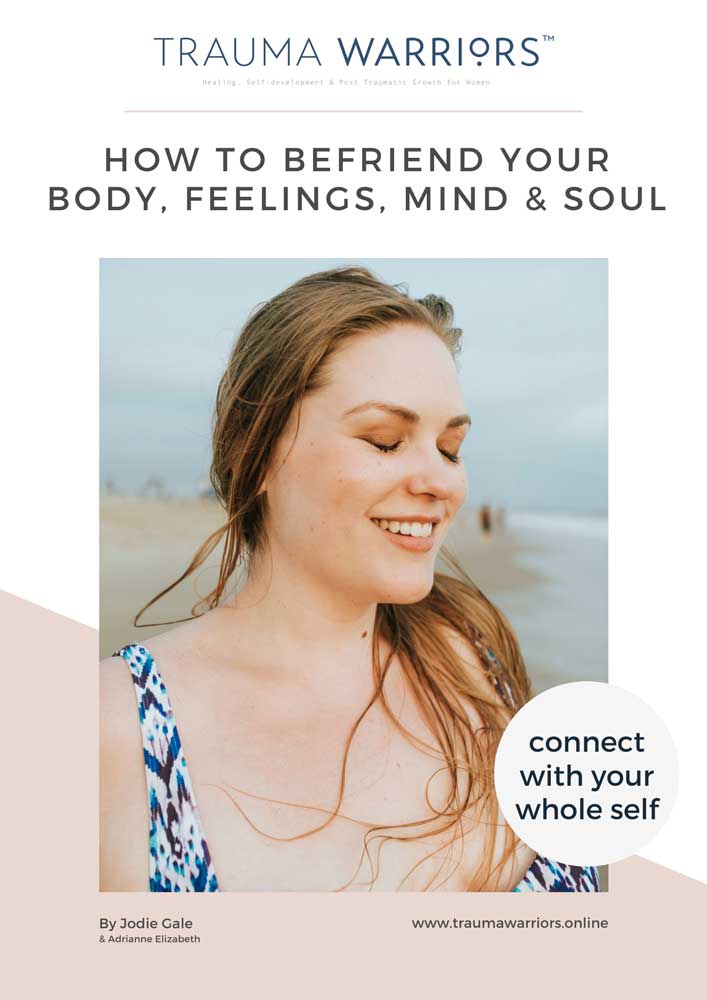


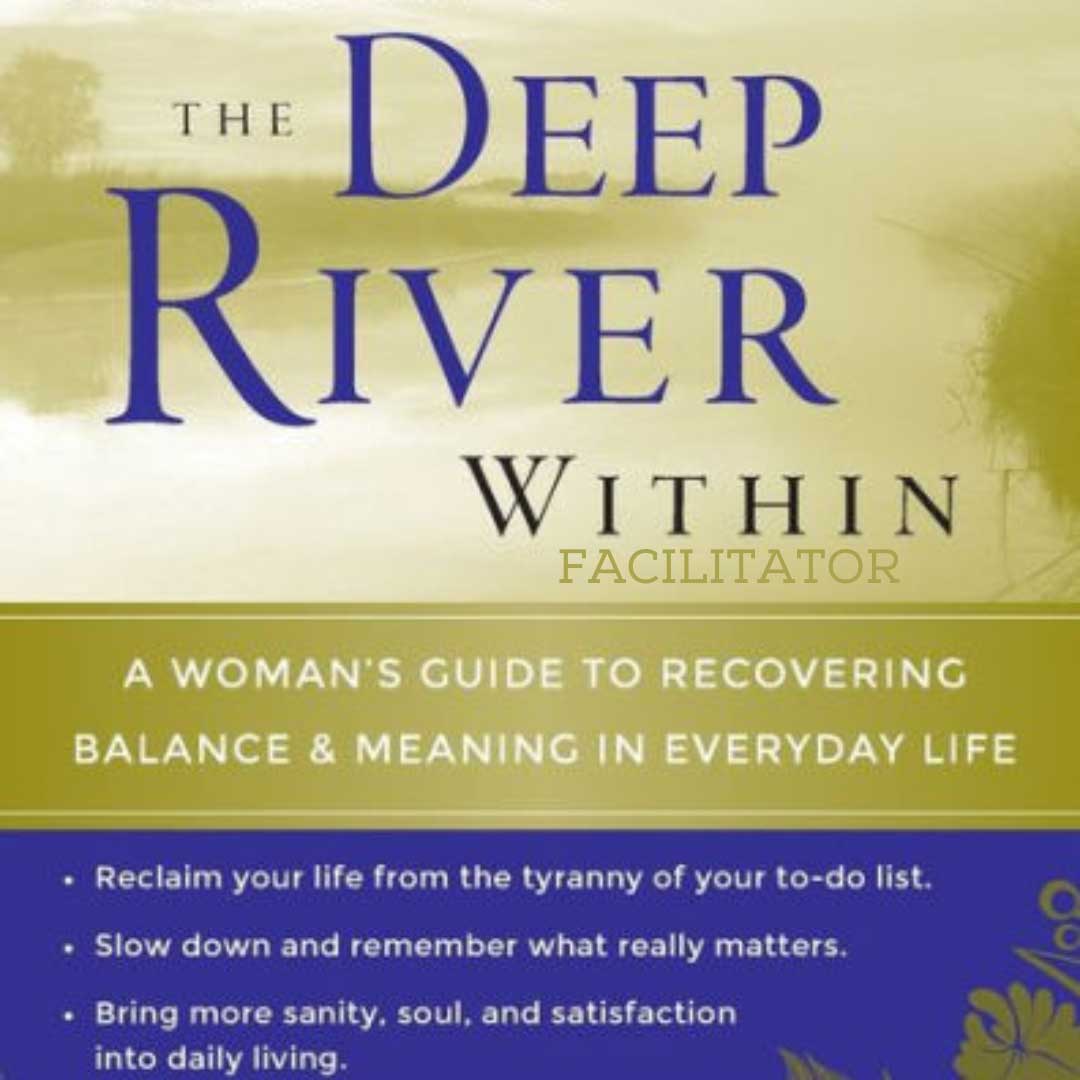
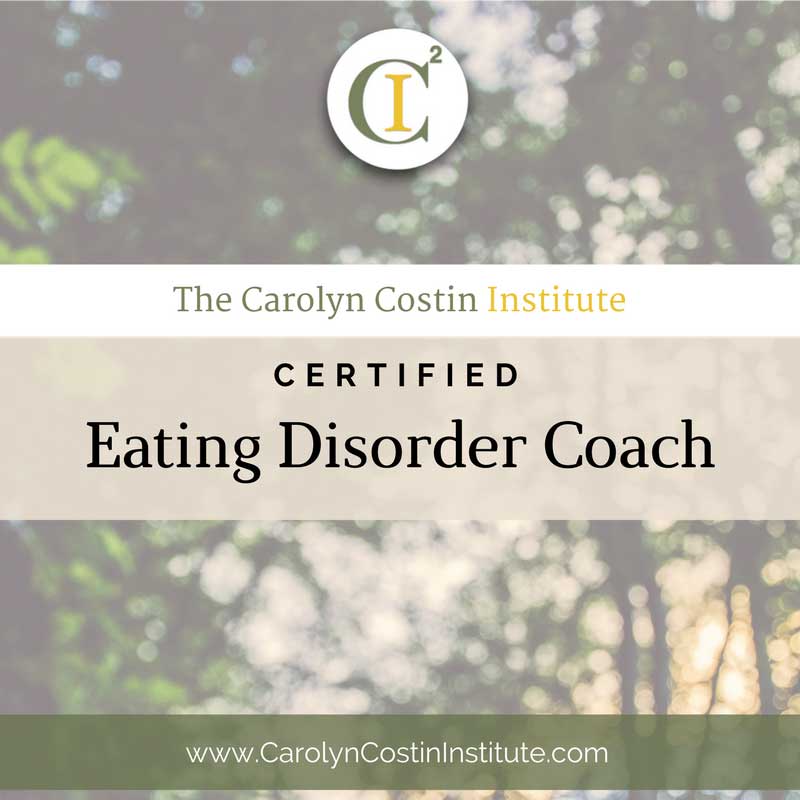
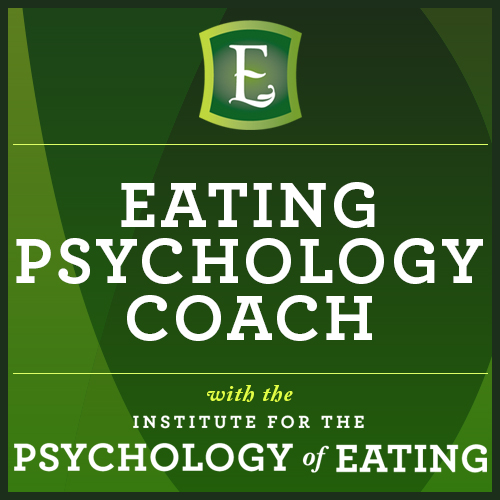
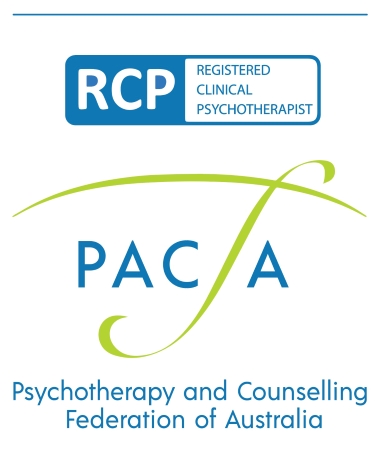
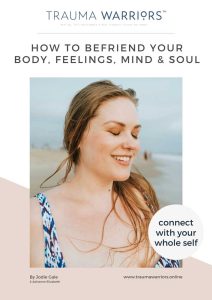
6 Responses
Hi Jodie,
Well written, this is great! I agree fully that thinking about depression in other ways is less pathologizing and much more hopeful for clients and therapists alike.
Thanks Marg 🙂
This was a joy to read. Love your approach to therapy and life!
Thanks Clinton 🙂
I really enjoyed reading this – there’s so much that chimes with my own feelings and experience.
thanks Emma 🙂